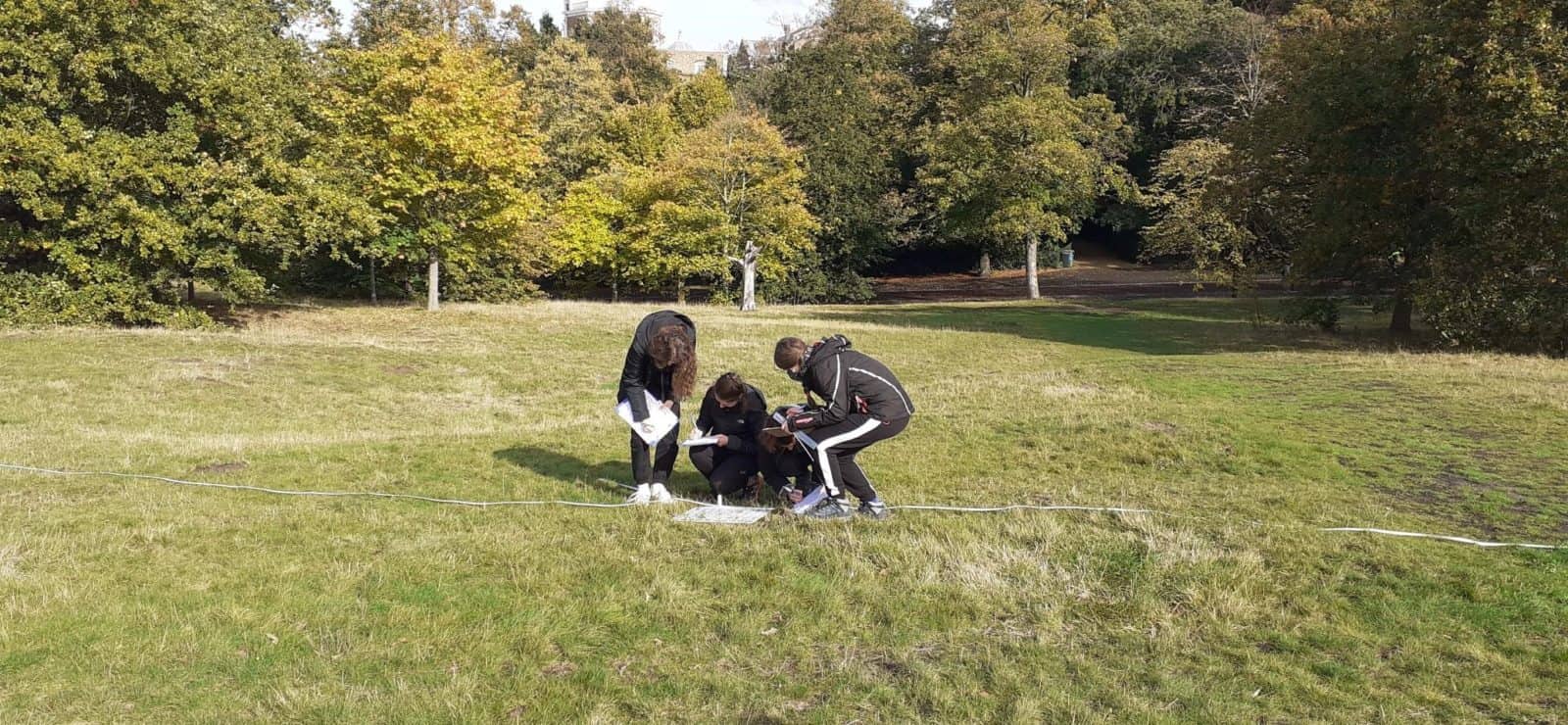Example Timetable
The following is an example of how a 3-day course might look. Our courses are as flexible as possible to meet your requirements, with other topics and skills able to be substituted into this timetable. There will be some variation between what is offered at specific centres due to habitat availability.
Day 1
Arrive Midday
- Students greeted by Field Studies Council staff.
- Welcome talk and centre tour.
- Pre-course meeting with our staff and teachers.
- Allocation of wellies/waterproofs.
Afternoon – Science Outdoors
Using the environments available on-site at our field centres, students will start to consider the power of experiential learning and how we can incorporate fieldwork when teaching science. Students will use a range of fieldwork equipment in a ‘bucket challenge’ to consider how they can explore their surroundings in different ways. This session will also look at the benefits and challenges of fieldwork and look at how to overcome barriers to outdoors learning in a school setting.
Evening – Night Walk
On a night walk around the grounds, we will continue to look at the benefits of experiential learning while bat detecting, moth trapping, and star gazing (weather dependant).
Day 2
Morning – Fieldwork *environment dependent on location
Students will visit a local site of ecological interest to carry out a fieldwork investigation and to consider how outdoor learning can inspire and support teaching in the wider curriculum.
Afternoon – Health and Safety in Fieldwork
Incorporated into the day’s fieldwork, students will consider how to manage risks in an outdoors environment in order to allow for an immersive learning experience. We will also look at carrying out risk assessments and identifying hazards in the field.
Evening – Maths Skills in Science
How can outdoor learning be used to deliver the mathematical skills required? Students will use appropriate statistical tests to analyse data collected during their investigation this morning.
Day 3
Morning – Chemistry and Physics Outdoors
This session will focus on outdoors experiments that can be used to demonstrate key science concepts. Students may use water and effervescent rockets to explore forces and rates of reactions, prisms and infrared thermometers to investigate the properties of light, or other experiments depending on the learning location.
Depart at Midday
- Review of the course.
- Signposting further actions and opportunities with the Field Studies Council and beyond.
- Final farewell from staff.
If you’d like to find out more about PGCE courses, or make an enquiry for booking please complete the form below or speak to us on 01743 852100.

